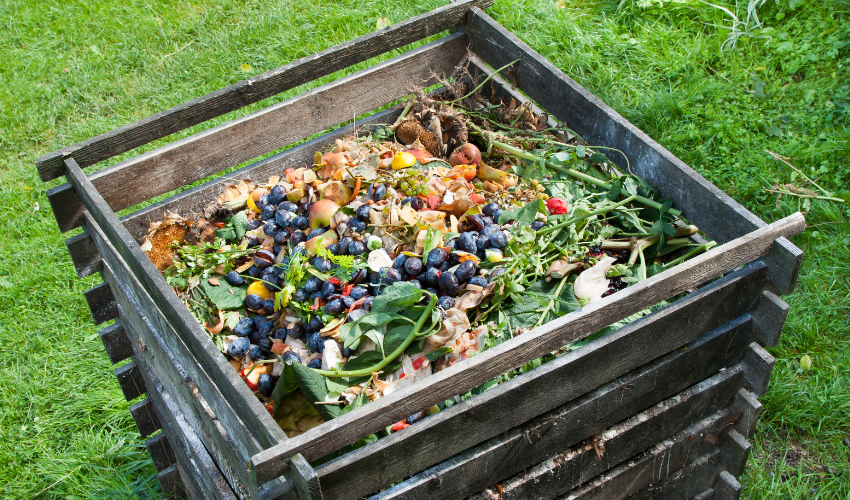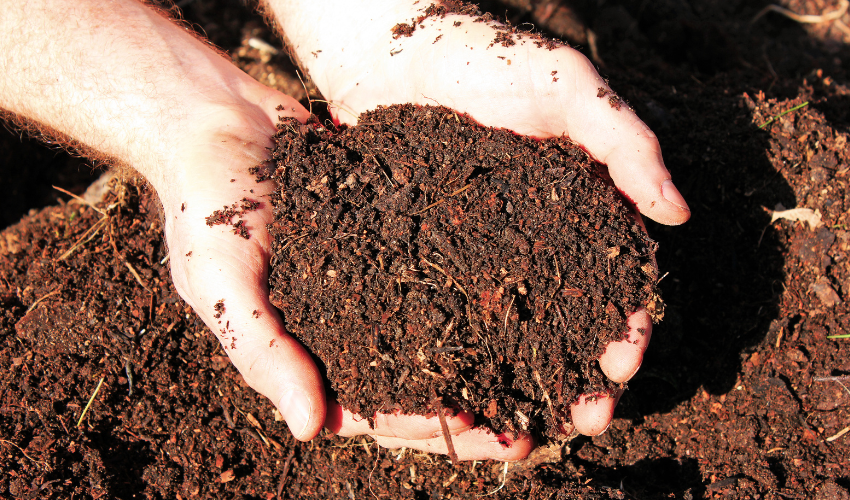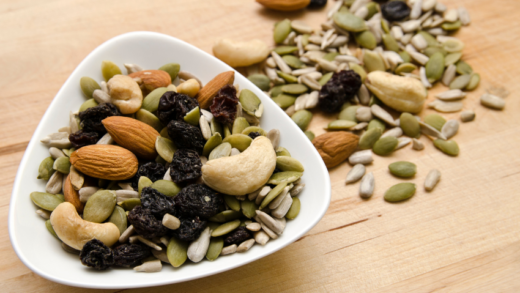Composting of food waste is a process of breaking down organic material into a nutrient-rich soil amendment that can be used for gardening and farming. It is an eco-friendly way to manage waste and reduce the amount of waste that goes to landfills. In this article, we will explore the benefits of composting, different methods of composting, and tips for successful composting.
Benefits of Composting Food Waste:
- Reduces Waste: Composting of waste diverts organic materials such as food scraps and yard waste from landfills, reducing the amount of waste in landfills.
- Nutrient-rich Soil Amendment: Composting creates a nutrient-rich soil amendment that can be used for gardening and farming.
- Reduces Greenhouse Gas Emissions: Composting reduces greenhouse gas emissions that occur when organic materials break down in landfills.
Different Methods of Composting:
- Indoor Composting: Indoor composting is ideal for those with limited outdoor space. It involves using a compost bin or worm bin to compost food scraps and other organic waste.
- Outdoor Composting: Outdoor composting is a common method of composting that involves using a compost bin or pile to break down organic materials.

Indoor Composting:
- Choose a Compost Bin: Choose a compost bin or worm bin that suits your needs and space.
- Add Compostable Materials: Add food scraps, coffee grounds, and other compostable materials to the bin.
- Maintain Proper Moisture: Keep the compost moist but not too wet.
- Turn the Compost: Turn the compost regularly to speed up the composting process.
Outdoor Composting:
- Choose a Compost Bin: Choose a compost bin or pile that suits your needs and space.
- Add Compostable Materials: Add food scraps, yard waste, and other compostable materials to the bin or pile.
- Maintain Proper Moisture: Keep the compost moist but not too wet.
- Turn the Compost: Turn the compost regularly to speed up the composting process.
Tips for Successful Composting:
- Balance Your Compost: A good compost should have a balance of carbon-rich and nitrogen-rich materials.
- Keep the Compost Moist: Compost needs to be kept moist to break down properly.
- Turn the Compost Regularly: Turning the compost regularly speeds up the composting process.
- Avoid Adding Meat and Dairy: Meat and dairy products should be avoided as they can attract pests and slow down the composting process.
- Use the Compost: Once the compost is ready, use it to enrich soil in your garden or lawn.
Frequently Asked Questions:
What can be composted?
Compostable materials include food scraps, yard waste, leaves, and paper products.
How long does composting take?
Composting can take anywhere from a few weeks to several months, depending on the method and conditions.
Can I compost in an apartment?
Yes, indoor composting is ideal for those with limited outdoor space.
Can I compost meat and dairy?
It is best to avoid adding meat and dairy to compost as they can attract pests and slow down the composting process.
How do I know when my compost is ready?
Compost is ready when it has a dark, crumbly texture and a pleasant earthy smell.

Conclusion
Composting of food waste is a simple yet effective way to manage organic waste and reduce the amount of waste that goes to landfills. By composting, you can create nutrient-rich soil that can be used for gardening and farming, reduce greenhouse gas emissions, and reduce the amount of waste in landfills. There are different methods of composting, and with the right tips and techniques, anyone can create high-quality compost. So, start composting your waste today and do your part in creating a sustainable future.
Remember to choose the right compost bin or pile for your space and follow the tips for successful composting. By composting your waste, you can make a positive impact on the environment and create a greener, healthier world for all.
In conclusion, composting is a simple and sustainable solution for managing organic waste. It is a win-win for the environment and your garden or lawn. By using the right methods, tips, and techniques, anyone can turn their waste into a valuable resource. So, join the composting movement today and contribute to a healthier planet for future generations.






















